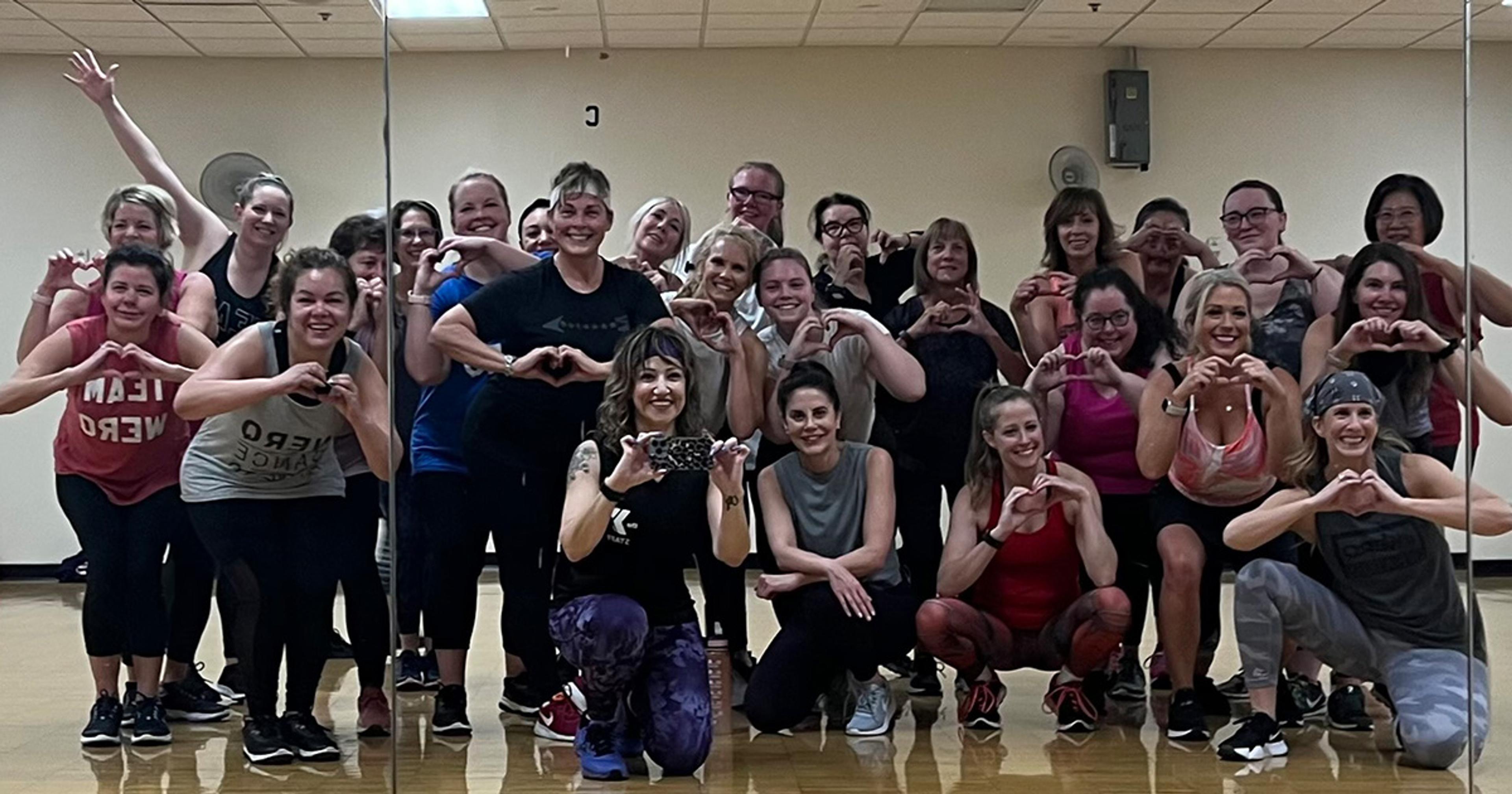Your fitness questions answered: Cardio or resistance first?
Jason Weslosky
| 3 min read
I’ve brought up a few times previously that my friend, Sam, has persuaded me to run in a half marathon with him later this summer. I have never been a big runner and I definitely don’t consider myself in shape enough to take on the 13.1 mile journey.
However, I am still doing my best to complete the goal I set for myself at the beginning of the summer. To prepare my body for its biggest physical test to date, I am doing the things I advocate on this blog. I eat moderately well (considering I’m fresh out of college some habits die hard, but that’s what cake diets are for), lift weights, and run.
Recent events had me feeling particularly low for a few days so I decided to push my exercise routine to heighten my endorphins, the feel-good chemical responsible for giving runners their “runners high.” I began my workout by following my brother and his football workout plan. I like to believe that I am capable of keeping up with any routine but every muscle in my body was worked to exhaustion by the end of our workout. After suffering through it, I decided to run home rather than drive. This was a mistake; I don’t live particularly close to my gym. For someone who is still in the training phase of conditioning, the decision came without much consideration for where I was physically. The run home took 45 agonizing minutes, my arms dangling by my sides because my muscles couldn’t hold them up. My running form has never been ideal but I must’ve looked particularly sloppy to all passers-by during that run. I mentioned my workout to Sam and he asked me a great question which many people ask regularly:
“Which is better to do first, my cardio or resistance workout?”
A good cardio workout such as running, swimming, or biking will condition organs like your heart and lungs for endurance exercises. In addition, if performed for 30 minutes or more, it will actively burn body fat that you would not burn lifting weights. A good resistance workout such as lifting weights or plyometric sets will increase muscle mass and improve body tone.
The answer is honestly very simple: It depends. It sounds so political but it really does depend on what you are trying to accomplish during your exercise time. You wouldn’t run a marathon and then take a bar exam if you were an attorney, you would be exhausted and probably wouldn’t score very high. Just the same, you wouldn’t take the bar exam before running in an Olympic marathon because you would be mentally exhausted. The same applies to cardio and resistance workouts.
When your body is fresh, it will perform at its maximum capacity and produce maximum results. When it is tired, it won’t perform as well and your results will therefore suffer. Given this information, accomplish your primary goals first and then think of your secondary workout as icing on the cake. If you want to build strength or muscle mass you should perform your strength training first followed by a cardio workout. If you are training or interested in increasing body endurance, you should perform your cardio first.
What fitness questions do you have would you like answered?
Photo credit crmgucd





